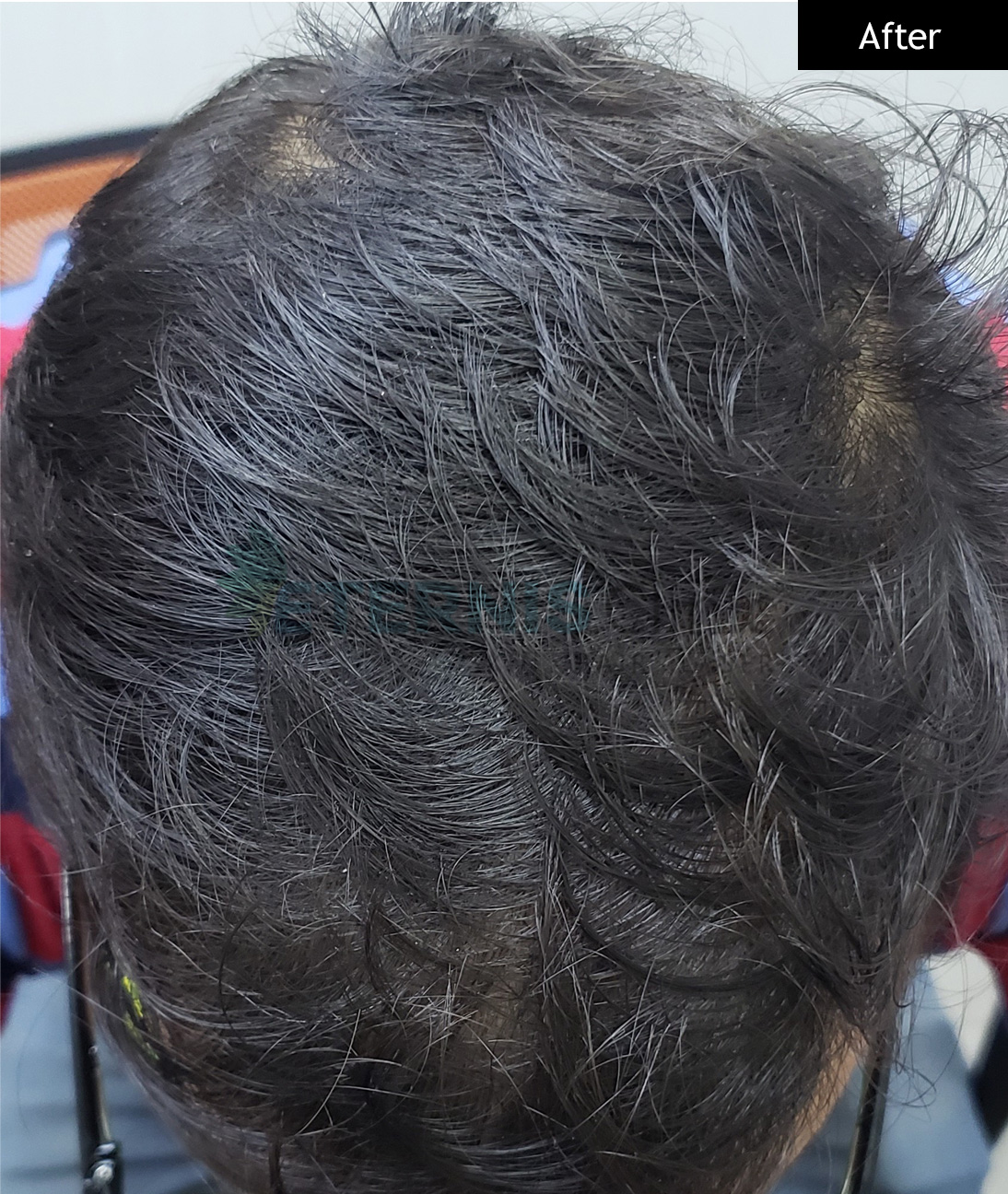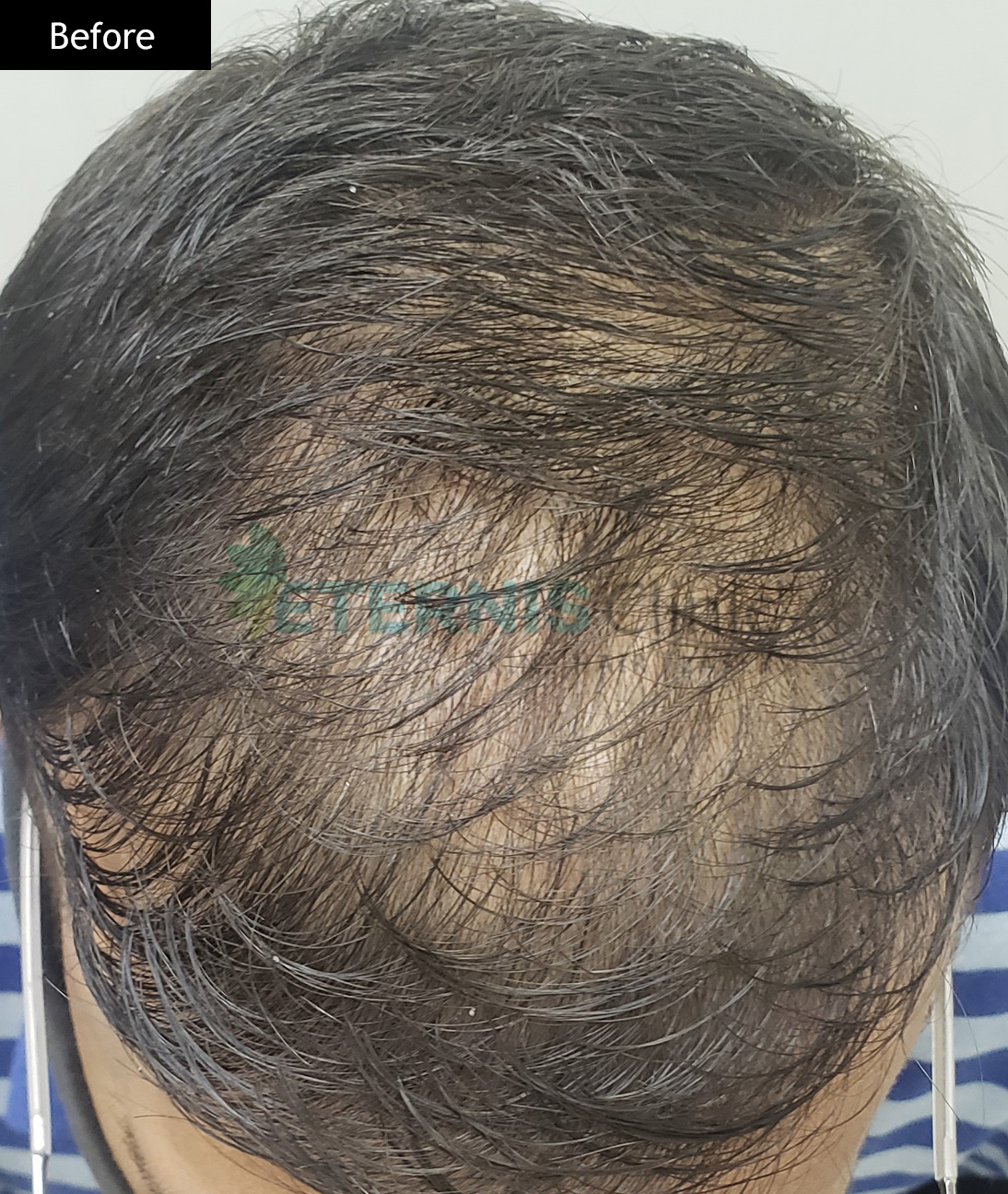Hair Fall

Hair growth is a complex process which occurs in cycles of multiple phases
- Active growth phase (Anagen)
- Transitional phase (Catagen)
- Resting and Falling phase (Telogen)
Each hair on human body is in different stage of development. Sex hormones and Thyroid hormone influence the hair growth cycle majorly.
Anagen – During this phase, hair grows in length. Rate of growth of scalp hair is usually 1-1.25 cm per month. This rate may differ according to your genetics or age and may get affected due to hormonal disorders.
Catagen – At the end of anagen phase, hair goes into catagen phase where it is converted into club hair which is not growing.
Telogen – hair is detached from its root and is resting in this phase. As new hair starts growing from stem cells below, it pushes this hair to fall off. And Anagen phase starts again.
Telogen Effluvium
It is a diffuse and often temporary hair loss mainly after the body has undergone severe stress or illness.
Human scalp on an average has 1 lakh hair. 80 to 90% of which is in anagen (growing phase) and only 10% is in telogen (Resting phase)
Due to stress, these growing hairs (Anagen) suddenly go into Resting phase (Telogen) and start falling out then.
Even though the hair starts falling out, the hair roots remain intact and can again start producing hair if proper nourishment is provided.
The common causes of Telogen Effluvium are
- Severe Physical or Emotional stress
- Nutritional deficiencies
- Major surgery
- After Pregnancy
- Sudden Weight loss
- Crash diet
- Illnesses such as Malaria, Dengue, Typhoid, Covid
- Few Hormonal Medicines
The hair fall in Telogen effluvium usually starts after 2 to 3 months of causative event and can last for many months.
Telogen Effluvium leads to overall thinning of hair on scalp but does not lead to complete baldness like in cases of male or female pattern Hair loss. (Read More)
Treatment
First step in treatment of Telogen effluvium is to find underling cause and treating it will arrest further hair fall. Early treatment increases the chances of complete recovery.
Treatment plan usually includes:
- Blood tests to find out nutritional deficiency and rule Out hormonal imbalance.
- Provide Nutritional supplements
- Nourishing serums for hair growth
- Finding out culprit medicines if any and stopping them.
- Advice on hair care practises
- Improving Lifestyle and diet
- LLLT Therapy – Low level laser therapy safe effective treatment which increases blood flow to hair roots and stimulates hair regrowth.
Untreated telogen effluvium may worsen and continue for months to years.

